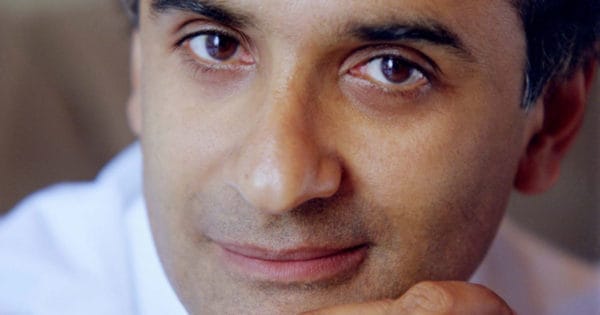When my most intimate companion failed to respond as normal, I feared she had suffered a stroke like the cerebral hemorrhage that took Uncle Bob years ago. Uncle Bob was the smartest guy in South Paris, the Harvard Law valedictorian who, against all expectation, had made South Paris his home until he suddently dropped dead leading the Congregational Church’s Annual Meeting. He had shown no signs of stress during worship, directing the Choir from the organ bench as he had for 25 years. Church meetings are like that — they often raise a leader’s blood pressure — but this was different! All of a sudden he was gone.

Like Uncle Bob, she showed no signs of stress before retiring last night. She is the one who has done the most of anyone to encourage my writing and publishing — filing things away until I needed them, flagging a mis-spelled word or correcting faulty grammar. I’ve depended on her every day for the past six years. She is more than an assistant. Since the day we met, I’ve turned her on. This morning is different. Nothing turns her on.
I gently carry her to the garage, cover her with a blanket, and drive to the Urgent Care at the Southdale Mall. They admit her for tests and suggest I return in an hour in an hour or so.
“Do you have the time?” I ask.
He gives me a strange look and checks his iPhone. “It’s 10:30. We’ll text you when we’re done. Where can I reach you? What’s your number?”
“I don’t have a number.”
“Okay, how about an email?”
“I don’t have a mobile phone. You know, there are no public clocks anywhere anymore. Everybody’s in a bubble.”
He pauses and looks up. “Hmmm. You know . . .I hadn’t thought about that! Come to think of it, I guess you’re right. “Okay . . .well, just be back by 11:30.”
Anxious and alone with an hour to kill, I wander the corridor from shop to shop before going into Macy’s. It’s easy to distract yourself shopping, and Macy’s is just the place. You can find anything at Macy’s…except a clock. “Excuse me, do you have the time?” I ask the clerk in the men’s shoe department. It’s not a question he gets anymore. He glances at his iPhone, looks up, and, with a strange look, gives me the time: “10:45.”
With forty-five minutes to spare, I remember Macy’s famous Lakeside Grille and follow the confusing signs to catch a late breakfast or early lunch. I tell the waitperson I have an important appointment at 11:30 and ask for the time. “10:50,” he says. “I don’t have a phone. Would you be so kind as to give me a heads up when it’s 11:15?” He takes my order and agrees to notify me. I scarf down the Oktoberfest special of pork schnitzel, spaetzl, and green beans, wondering what time it is. The waitperson is nowhere to be seen. I ask another waitperson, “I’m sorry. Do you have the time?”
I rush back to Urgent Care, anxious about the test results. “Mr. Stewart,” says the neurologist, “I’m sorry. We ran all the tests and the news is not good, but it’s not beyond hope.” I breathe a sigh of relief, waiting for what comes next. “She’s still alive, but she needs immediate surgery. We have a neurologist standing by.” “What’s the cost,” I ask, knowing she has no insurance. “We can replace her keyboard for $485 so you can turn her on again, but she’s old. It’s only a matter of time before she goes. Or you can buy a new one for an additional six-hundred dollars or so. Your call.”
End of life decisions, like putting down my canine companion after fourteen years– are harder than others. For months after Maggie’s death, I swore I’d never get another dog. There’d never be another Maggie. I couldn’t bear the thought of holding another Maggie in my arms when her time would come.
“I’m a writer,” I say. “Like lots of other writers, I have ADHD and sometimes, like Hemingway and F. Scott Fitzgerald, I drink too much. I’m completely dependent on her for filing and saving my work. She keeps it all in her head. Besides she’s the only one I’ve ever turned on.”
“Not to worry, Mr. Stewart. If you leave her with us for 24 hours, we’ll be glad to download her memory to the new MacBook Air. We’ll treat her with great respect. We’ll take good care of things. We’ll be glad to recycle her free of charge. As Hemingway said, ‘Time is the last thing we have.'”
I leave her behind to be downloaded and recycled, grieving my loss, but consoled by the knowledge that, life Uncle Bob and Maggie, she will be in a safe place.
— Gordon C. Stewart, author of NYT Worst Seller List Be Still! Departure from Collective Madness, dedicated to my late assistant, Chaska, MN, October 30, 2019.


